Jon Batiste at Cooper Union
Written for presentation at the Juilliard Black Alumni Association Inaugural Mixer
Lincoln Center, September 9, 2023
A few weeks
ago I saw an announcement of a special performance by pianist Jon Batiste at
The Cooper Union Great Hall. I jumped at the chance because I wanted to present
him with a copy of my memoir titled Practicing for Love. I, too, am a Juilliard grad, and my father was one of the first
African-American pianists to study at Juilliard. He and Leontyne Price were
classmates. He then went on to direct the Fisk Jubilee Singers. Of course, all
of that history was included in the book.
I stood in
line for the performance, which was advertised as “A Musical Prescription,” and
was co-sponsored by the Louis Armstrong Center for Music and Medicine at Mount
Sinai Health System’s Assessment of Music Experiences in Navigating Depression
(AMEND Lab) and Carnegie Hall’s Weill Music Institute, the Hall’s education and
social impact arm.
The event began half an hour late, and the packed house of mostly elderly white people was greeted by, of course, white folks: the president of Cooper Union, representatives from Mount Sinai and Carnegie Hall. They talked and talked, and then Jon Batiste was finally introduced.
Now, Jon Batiste is one of the most celebrated men in the music business. He has won Grammys, Emmys, a Golden Globe, and the Oscar. For me, when I look at Jon Batiste, somehow the words “Yassa, boss” come to mind. He is always smiling and laughing. His costumes at the Grammys reminded me of Little Richard, and I’m sure the subconscious connection is intentional. He played just a couple of numbers on the gorgeous Steinway concert grand, and played “When You’re Happy and You Know It” (to which the audience clapped on cue without prompting), and “When the Saints Go Marchin’ In” on his keyboard flute the melodica. He even walked through the predominantly white audience while playing the melodica.
He then
spent the bulk of the time talking about music and healing. His wife has been
struggling with cancer, so talking about healing is very close to his heart.
(And, by the way, not a word about the Spirituals, and how they made it
possible for some of our ancestors to stay alive.)
After the
performance, I had to figure out how to get backstage. You see, I grew up on
the Fisk University campus. After celebrities would perform there, anyone who
wanted to meet the artist was allowed backstage. There I met Nina Simone,
Marian Anderson, Duke Ellington, Geoffrey Holder, Jessye Norman, among others.
Well here at the Cooper Union, all of the obvious backstage entrances were blocked by security guards (all of whom were black, interestingly). I knew there was no point in explaining to them why I wanted to get backstage, since they were certainly instructed not to let anyone backstage. I’ve done lots of performing in concert halls myself, so I know how to make my way in backstage areas. So I went around and through all of the sound stage equipment and kept walking until I found myself at Jon Batiste’s dressing room, the door of which was closed. There I saw all the white people who spoke at the beginning, setting the stage for their boy to come out and further their cause… of fundraising. I looked around and breathed a sigh of relief.
Then... here comes a white woman I had not seen
before. She was fat and mean-looking, walking straight toward me. At first I
asked her if he had already left. She said No, then told me to “Walk this way.”
I started following her, then realized that she was walking me to the exit. I
then explained to her that I was the daughter of one of the first
African-American male graduates of Juilliard who was a piano major, and said I
wanted to present Jon with a copy of my memoir that contained the history. She
kept walking and said, “I’ll be happy to give it to him.” I took my time
signing the book. Then she ushered me out of the backstage door and blocked the
door with her big white body.
I'm sure
this white woman just focused on what she perceived as being her job, and that
being to keep people away from Jon Batiste. It didn't occur to her that Jon
Batiste, as an African-American man, would probably have been delighted to hear
about this black man who studied at Juilliard in the 1930s, and probably would
have been doubly delighted to meet the author of this book, and to make the
acquaintance of another African-American pianist who is also a Juilliard grad.
But no. This
white woman decided that this encounter would not happen. Though she said she'd
be happy to give him the book, I have no way of knowing whether or not she
actually handed it to him. She could have just thrown it in the garbage.
Jon Batiste
comes across as such a sweet man. It's hard to imagine him being angry. But if this woman actually handed
him the book, and if she told
him that it was authored by the daughter of one of the first African-American
graduates of the Juilliard School, and if
he asked to meet me and she told him that she had escorted me out... I can imagine
him being pretty pissed! I certainly hope he cussed her out. And I hope that
she learned that she has no right to determine what is and isn't important to
African Americans. She has no clue. And if she wants to find out what is or
isn't important to an African American, then she needs to ask an African American.
In dealing
with some of these white folks, I've learned... there's a coldness, and a
cruelty, that I'll never understand. If the roles had been reversed, and I had
been the one in charge of who was allowed backstage, I would have put my energy
into being helpful if a woman introduced herself to me as the author of
a memoir on her time at Juilliard, and being the daughter of one of the first
black male graduates of Juilliard who was a piano major. I would have known
that Jon Batiste would have been delighted to meet this person. But an
institution like Cooper Union could not be trusted to put a person who is
racially sensitive in this position. They hired a white pit bull.
Of course I
was disappointed. I had even imagined Jon and me playing Chopin for each other
on the lovely 9-foot Steinway. But luckily, after a restless night, the next
morning in my Inbox I found the invitation to this event. And I decided then
and there to tell y'all all about it.
So what I
want to say to you is: Don't be discouraged by their cruelty. They can’t help
themselves. And don't let it throw you off. And especially, don't be surprised
by it. Some white folks will never forgive us for Barack Obama, even though he
was one of the most brilliant US presidents in American history. Keep moving
forward, and I am already so proud of you!
Copyright:
Nina Kennedy, 2023
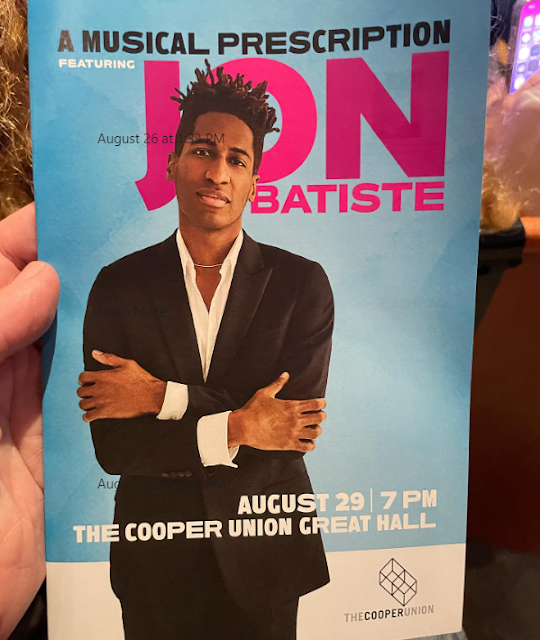
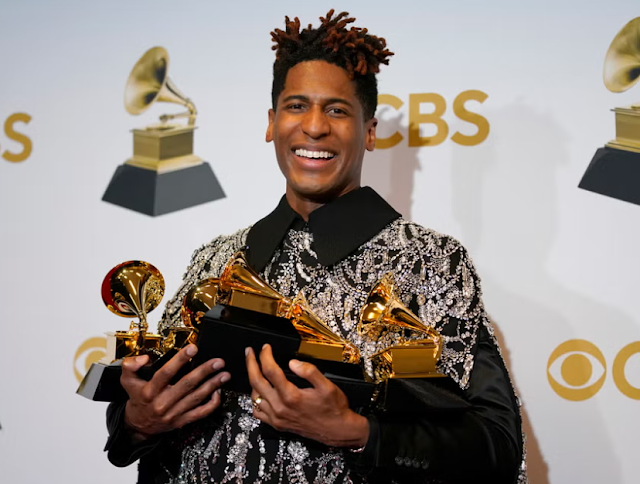

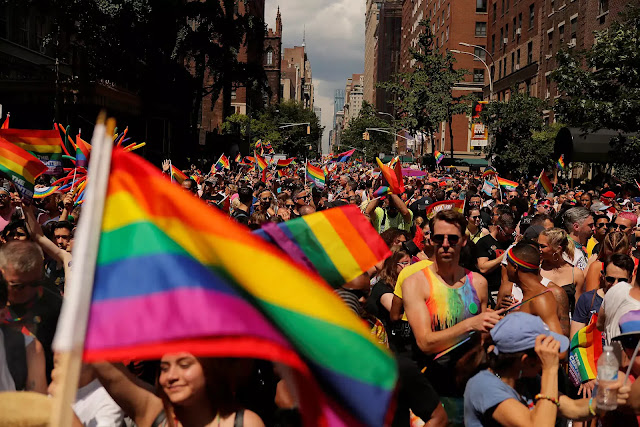


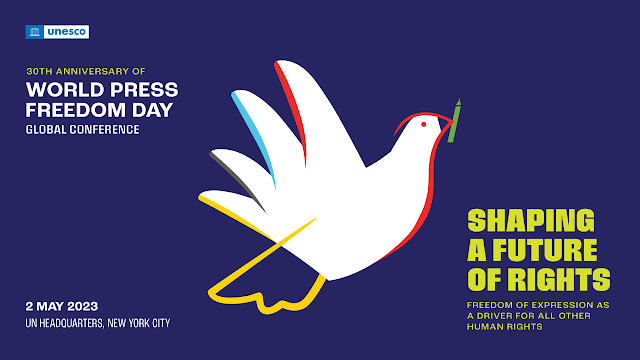
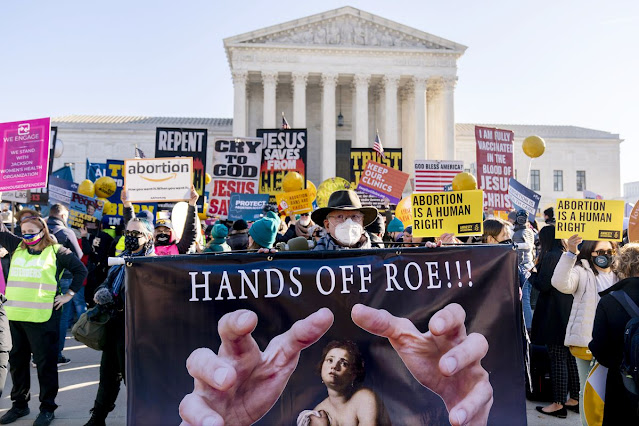

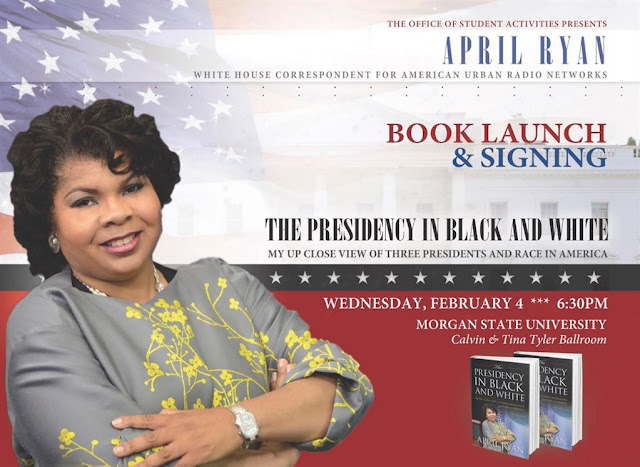

Worth the effort. He'll see things your way sooner or later. Elligancat@gmail.com
ReplyDeleteThank you for beingg you
ReplyDelete